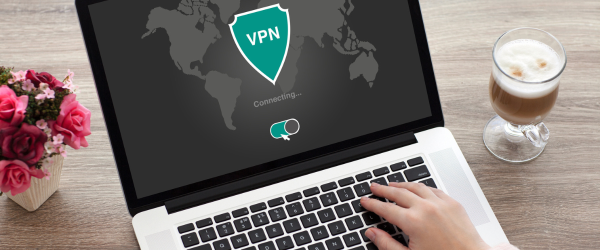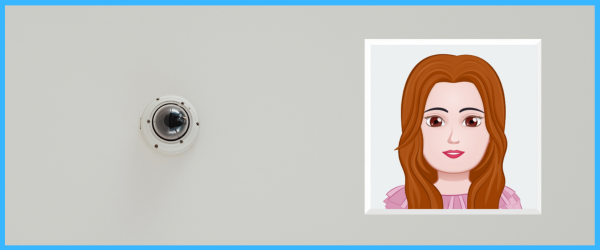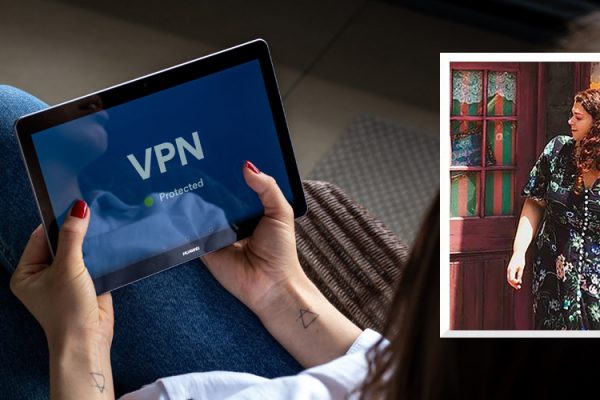Whether you work as a creator or cam model, your online presence is a currency. That means the line between your public and private life can sometimes blur.
Cam models and OnlyFans creators need to get comfortable navigating a unique set of privacy challenges, balancing the desire for popularity and engagement with the necessity of maintaining personal privacy and security. The nature of the work makes it vital to adopt stringent privacy measures to protect against harassment, stalking, doxxing, and other forms of online abuse. To get you started, here are ten best practices for safeguarding your privacy without compromising your online persona’s effectiveness and connection with your fans.
#1: Understand Platform Privacy Settings
The first step in protecting your privacy is to thoroughly understand and utilize the privacy settings available on the platforms you use. Webcam sites, fan platforms and clips stores offer various privacy controls that can help you manage who sees your content and personal information. Regularly review your settings to ensure they’re as restrictive as you need them to be, considering blocking regions or countries if the platform allows it. This can be particularly useful if you’re concerned about people in your local area discovering your online activities, but keep in mind lots of fans use VPNs these days to get around local age verification laws.
#2: Use Pseudonyms and Separate Identities
This one’s a no-brainer in adult work in general, but creating a complete, separate identity for your online work is crucial. Choose a pseudonym that doesn’t relate to your real name or any personal information that could be easily traced back to you. This includes a separate email address, phone number if needed (consider a cheap VOIP service), and even payment details where possible. The separation doesn’t just protect your real identity but also helps create a clear boundary between your professional and personal life.
#3: Secure Your Payments
Financial transactions are a significant privacy concern. Use payment platforms that offer anonymity and security. Services like select payment apps and cryptocurrency wallets provide options for receiving payments without exposing your real name or bank account details. Additionally, be cautious about the financial information you share on tax forms or contracts, and understand how it can be used or accessed.
#4: Implement Strong Digital Security Measures
Cybersecurity is non-negotiable. Use strong, unique passwords for each of your accounts and enable two-factor authentication (2FA) wherever possible. Consider using a password manager to keep track of your credentials. Regularly update your software and devices to protect against vulnerabilities and consider using antivirus software to prevent malware and other threats.
#5: Be Mindful of Personal Information Leakage
The content you create and share can inadvertently reveal personal information. Be mindful of the background in your videos, any mail or documents that might be in view, and even metadata in photos. Tools and apps can strip out this metadata before you upload content. Additionally, never share details that could hint at your real location, friends, or family.
#6: Use a VPN
A Virtual Private Network (VPN) is essential for anyone serious about online privacy. A VPN encrypts your internet connection and masks your IP address, making it much harder for third parties to track your online activities or determine your real location. This is especially important when logging into your accounts from public Wi-Fi networks.
#7: Deal Proactively with Harassment
Despite all precautions, you may still encounter harassment or stalking. Platforms typically have reporting mechanisms for abusive behavior; use them. Document any incidents of harassment, including saving messages or comments, as they could be useful if you need to take legal action. Consider legal remedies like restraining orders if the situation escalates.
#8: Know Your Rights and Legal Protections
Familiarize yourself with the laws and regulations that protect your privacy and content. This includes copyright laws, which allow you to take action against unauthorized sharing of your work, and privacy laws that can help you combat doxxing and other invasions of privacy. If you’re unsure about your rights, consulting with a legal professional who understands the adult entertainment industry can be invaluable.
#9: Engage with Your Audience Safely
Engaging with fans is a key part of building your brand and audience, but it should be done with caution. Use platform features like direct messaging cautiously and avoid sharing personal details. Consider using a service that anonymizes your email or phone number when necessary to interact with fans outside of the platforms.
#10: Regularly Audit Your Online Presence
Finally, conduct regular audits of your online presence. Search for your pseudonym and any personal information that might be out there to see what comes up. This can help you identify any privacy leaks or unauthorized content sharing that you need to address.
Privacy protection is an ongoing process, especially in the rapidly evolving digital landscape. By adopting these best practices, cam models and adult content creators can significantly reduce their risk of privacy breaches and focus on building their online presence safely. Remember, privacy is not just about protecting your current self; it’s about safeguarding your future, both online and off. As you navigate the complexities of the adult entertainment industry, let your privacy practices evolve and strengthen alongside your career.










